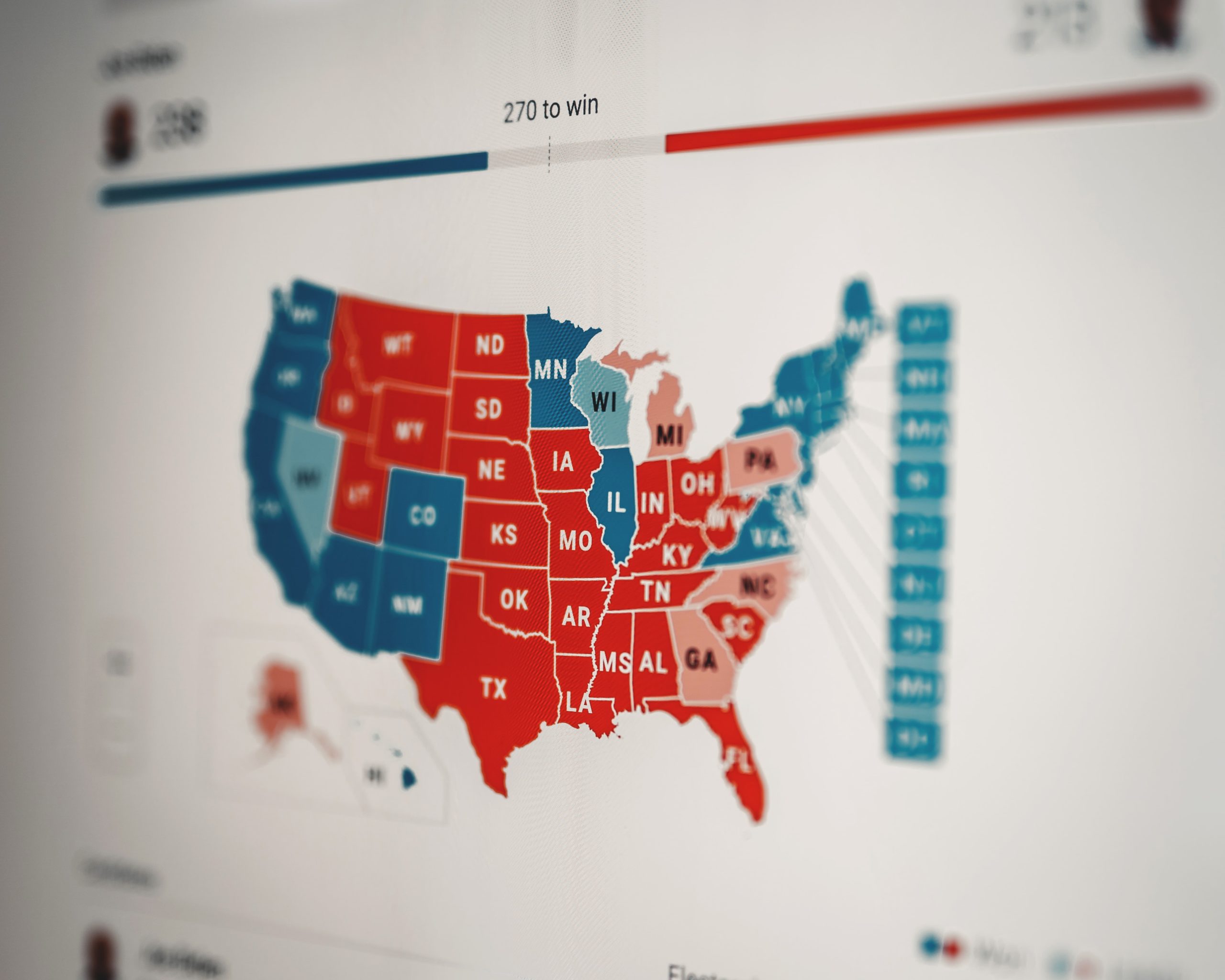
09 Nov Trump, Biden, and The Power of Values
As a values-based marketing agency, Zenzi believes that values are the driving force behind much of human behavior, including many of the buying decisions people make as consumers. To find evidence of the importance of values, look no further than the recent presidential election, where a rancorous, divisive campaign has resulted in a contested outcome, bad blood, and an uncertain future.
As I walk the streets of the liberal Bay Area these days (masked, of course!), a common theme I hear from people is utter disbelief that anyone could possibly support, or even tolerate Donald Trump, much less vote for him. In more conservative areas, I gather the rhetoric is just as hostile toward Joe Biden and liberals as a whole. How can an entire nation look at the same two candidates and come to two such opposing opinions? The answer shows just how powerful values can be on a people’s viewpoints and behavior.
In 1996, linguist and philosopher George Lakoff proposed a values-influenced political model called the Strict Father vs. the Nurturant Parent. Conservatives tend to adhere to the Strict Father ideology, where “the metaphor with the highest priority…is Moral Strength.” Similar to Zenzi’s Tradition and Security Seekers, people with these values tend to see things in terms of black and white – right vs. wrong, good vs. evil, moral vs. immoral. Importantly, Lakoff says that “the metaphor of Moral Strength imposes a strict us-them moral dichotomy”. When a candidate like Trump speaks to these values, conservatives see him as “one of us,” and view anyone with opposing values as untrustworthy or even, taken to the extreme, dangerous.
On the other side, liberals tend to endorse the Nurturant Parent model. Lakoff says “the primal experience behind this model is one of being cared for and cared about, having one’s desires for loving interactions met, living as happily as possible, and deriving meaning from one’s community and from caring for and about others.” Like Zenzi’s Purpose Seekers, people of this type tend to value empathy, openness, and collaboration over individualism, rigidity, and competition. When someone like Trump contradicts these values, liberals will of course react with contempt, and even fear.
A key takeaway from Lakoff’s model is that people on each side of the political spectrum have very different values-driven goals. Values shape people’s attitudes on an emotional level, and dictate the kind of world they want to live in. Biden’s talk of inclusiveness and unity falls on deaf ears to Strict Father types, while Trump’s rhetoric of America First and military strength is distasteful and even offensive to many Nurturant Parent types. As a result, people tune out, and even condemn, the values that the other side cherishes and holds dear.
In marketing, perhaps emotions aren’t so charged as in politics, but the same principles apply. A Purpose Seeker may want to buy a dog for companionship and love, while a Security Seeker may want a dog primarily for home protection. A Freedom Seeker may want to buy a new smartphone to open the door to new experiences, while a Tradition Seeker may want a smartphone to keep tabs on her children. Differing values-based motivations require distinctly different marketing strategies, and brands need to understand these differences to ensure they are targeting the right audience with the right messaging.
As we enter a new political era in America and globally, there are many unknowns and lots of anxiety. One thing that will not change is that people’s values will continue to guide their decision making. It is more important than ever that brands understand and tap into their customer’s values in order to thrive in an uncertain future. For more information on Zenzi’s values-based marketing services, contact us!




